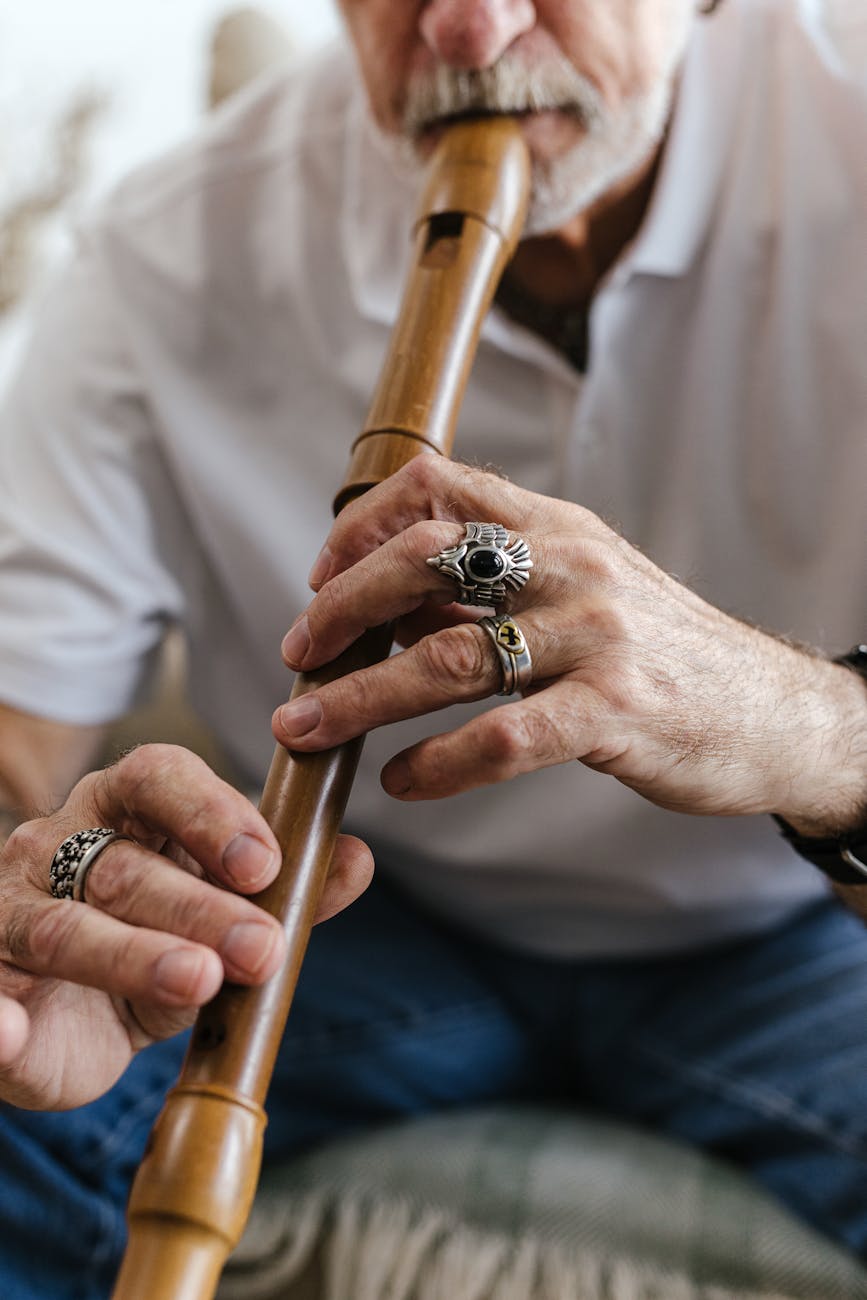At My Age?

Why would I start voice lessons at my age? I’ve asked myself that question over and over, and have been asked something similar by others. Eventually, after trying to come up with an answer that makes sense, I recognized that there are many factors involved. Lets start with the caveat of “at my age?” What … [Read more…]


